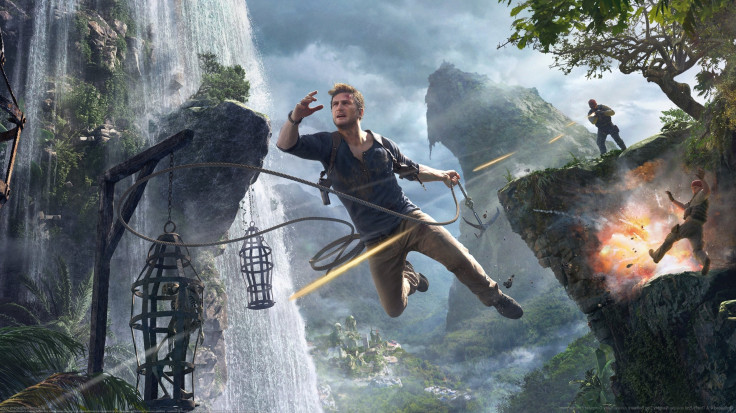Released nearly a decade ago, Uncharted: Drake’s Fortune remains one of the most impressive titles released in the fourth console generation, saying nothing of the abiding influence on gaming culture and mechanics it impacted in the years following its release. Perhaps chief among the many acclaimed staples associated with the series is its effortless ability to prevail both cinematically and as a tightly tuned platformer, a feat the widely anticipated The Order 1886 failed to achieve as recently as 2015. There are plenty of franchises that can be adduced when making the case for lasting power in the medium, but so few manage to stick the landing without undergoing drastic changes along the way. Uncharted managed to abide fairly close to the core mechanics that defined it, whilst implementing new elements that never felt contrived or desperate. It’s all about treading a fine line of understanding what audiences want and expect from you as creators, but never relenting ambition, a quality too few franchises forego to one degree of another.
The most stark juxtaposition to this might be the Assassin’s Creed series of games. Both game franchises launched the same year, introduced gameplay that felt fresh and edgy at the time, but then proceeded to craft very different legacies. In all fairness, there are a lot more Assassin's Creed titles than Uncharted titles, but that fact only tempers my point. Focusing strictly on gameplay, the Creed series, at its peak can absolutely contend with the best of the Uncharted games. Assassin’s Creed II , refined everything that worked in its predecessor, Black Flag revitalised the series with the addition of seafaring, and Syndicate to a lesser degree was an amalgamation of both attributes, being a fairly polished version of the games we’ve become used to, while also implementing the concept of dual protagonists. The problem lies in the inconsistency.
Mind you, I cited three Assassin’s Creed games as standout in a series that contains 9 titles. The other entries are either perfunctory efforts that fall flat or component iterations of the game a lot of us have grown tired of playing. The best of the series feels like Ubisoft reacting to backlash as oppose to inspired ambition. Conversely, Naughty Dog had a story to tell, honed and built upon the elements with each game, then made sure they never overstayed their welcome. In the same ten years, Uncharted is coming up on it’s fifth entry as opposed to Creed’ s ninth.
Occasionally, the issue isn’t with lack of ambition, but a misunderstanding about fan expectation. The Arkham trilogy, is by most standards a great one even in consideration of its flawed third entry. Arkham Knight by no means feels cursory or lazy, but the attempts at enhancing the experience deviates too far from what fans have come to expect from an Arkham game. Ultimately, the Batmobile just didn’t work. It betrayed everything that made those games so impressively singular – a masterfully executed stealth based combat game had no room for tank wars, nevermind how frustratingly clumsy the Batmobile operated.
Naughty Dog’s Uncharted: Lost Legacy will feature protagonist’s Chloe and Nadine, with creative director Shaun Escayg stating simply that Drake’s story had been effectively “wrapped up.” The game is said to feature similar combat to the previous outings but will showcase a new cast and story.
It’s set for North American release Aug. 22.

















